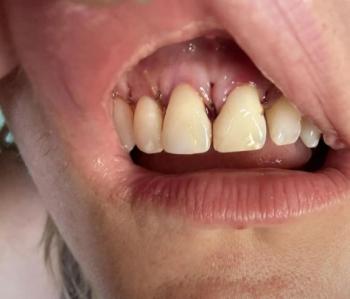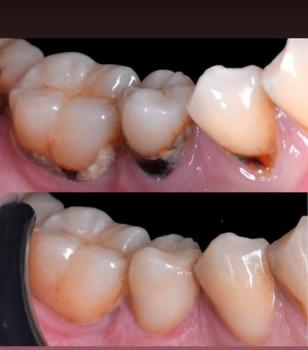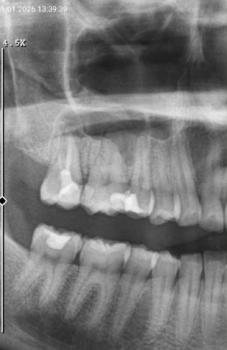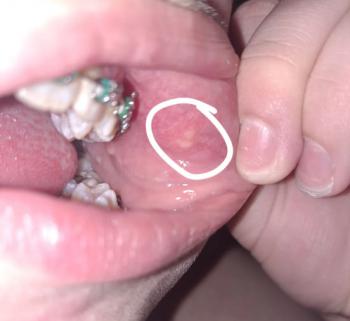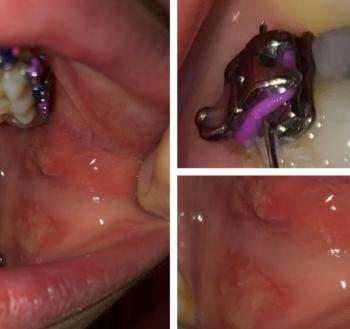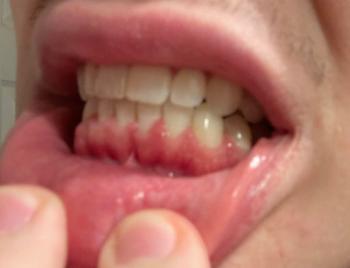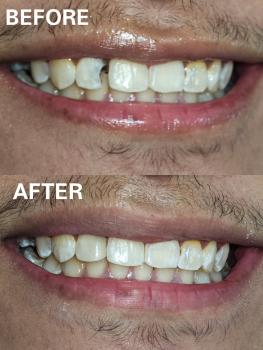Dentures That Feel Natural, Look Beautiful.
Never Underestimate Baby Teeth: Why Cavities in Primary Teeth Are a Big Deal
Language :
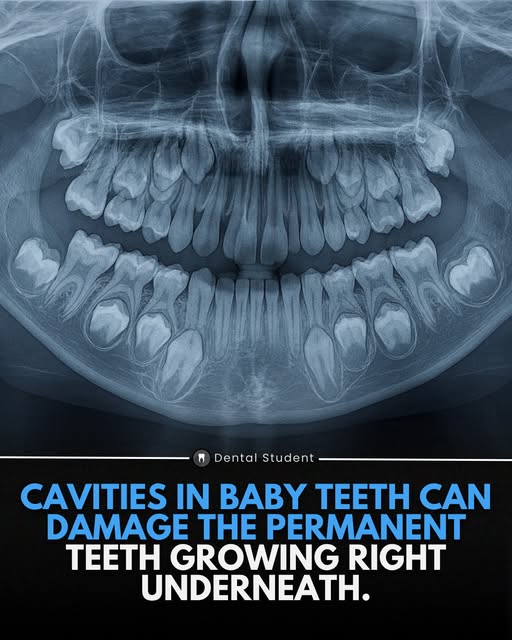
Never Underestimate Baby Teeth: Why Cavities in Primary Teeth Are a Big Deal
It’s a scene familiar to many parents: a wiggly baby tooth, a thread, and a triumphant visit from the Tooth Fairy. Because these tiny teeth are temporary, a common misconception has taken root: that decay in them doesn’t matter. After all, they’ll just fall out, right?
This belief is both misleading and potentially harmful. The truth is, baby teeth, or primary teeth, are far more than just placeholders. They are critical to a child's overall health and development, and the damage from cavities left untreated is anything but temporary.
The Crucial Role of Baby Teeth
Primary teeth serve several essential functions that lay the foundation for a healthy future smile:
-
Guiding Permanent Teeth: A baby tooth acts as a natural guide for the permanent tooth developing directly beneath it in the jawbone. It holds the space open, ensuring the adult tooth erupts into the correct position.
-
Foundation for Chewing and Speech: Healthy primary teeth allow children to chew food properly, which is vital for nutrition. They are also indispensable for learning to speak clearly, as they help form sounds and words.
-
Jaw Development: The pressure from chewing with baby teeth helps the jawbones develop properly and grow strong.
The Domino Effect of a Simple Cavity
When a cavity in a baby tooth is ignored, it’s not just a "hole in a temporary tooth." It’s an active infection that can trigger a domino effect of serious problems:
-
Damage to the Permanent Tooth: This is the most direct and alarming consequence. The infection from a cavity can travel down through the root of the baby tooth and attack the delicate bud of the permanent tooth below. Research shows this can result in weak enamel, permanent discoloration (white or brown spots), or even structural malformations of the adult tooth before it even emerges.
-
Pain, Infection, and Emergency Visits: A small cavity can quickly become a large one, reaching the tooth's nerve. This leads to severe toothache, abscesses (pus-filled infections), and facial swelling. These are painful, distressing experiences for a child and often require urgent, and sometimes traumatic, dental procedures.
-
The Spacing Crisis: If a baby tooth is lost too early due to extraction or severe decay, the teeth on either side can drift into the empty space. This loss of space blocks the path for the permanent tooth, leading to severe crowding and misalignment. What might have been a straightforward dental journey can suddenly become a future requiring years of orthodontic treatment.
The Good News: Prevention is Powerful
The silver lining is that preventing these problems is straightforward and highly effective. Parents can safeguard their child’s smile by incorporating a few key habits:
-
Start Early: Begin cleaning your baby’s gums with a soft cloth even before the first tooth appears.
-
Brush with Fluoride: Once teeth erupt, brush twice daily with a smear of fluoride toothpaste. Fluoride strengthens enamel and makes it more resistant to decay.
-
Limit Sugary Drinks and Snacks: Sugar feeds the bacteria that cause cavities. Be mindful of juice, soda, and sticky candies.
-
Regular Dental Checkups: Schedule your child’s first dental visit by their first birthday or within six months of their first tooth erupting. Regular checkups catch problems early and make dental care a normal, positive experience.
Cavities are not just harmless holes. They are infections, and infections spread. Protecting your child’s baby teeth is not an overreaction—it’s a critical investment. By caring for these first teeth, you are not just avoiding pain; you are actively safeguarding the health, function, and beauty of the permanent smile that will last them a lifetime.

